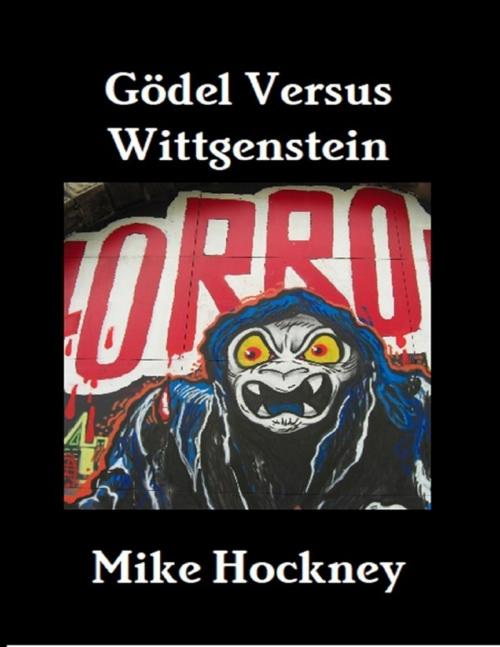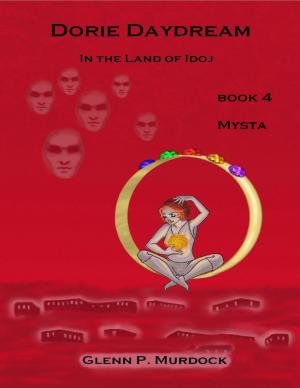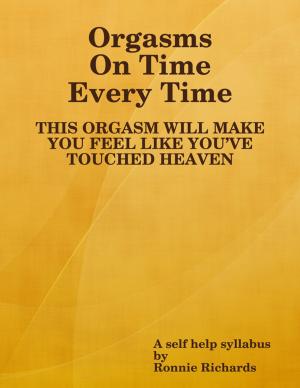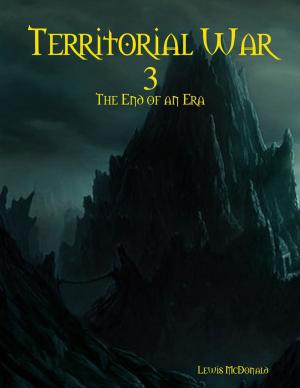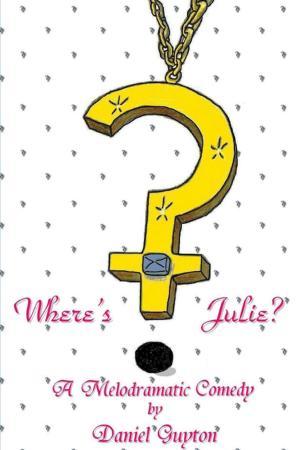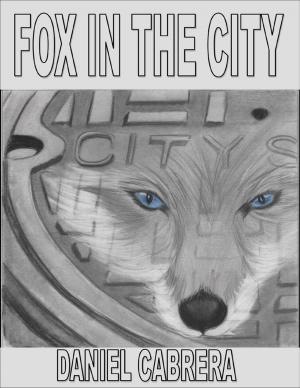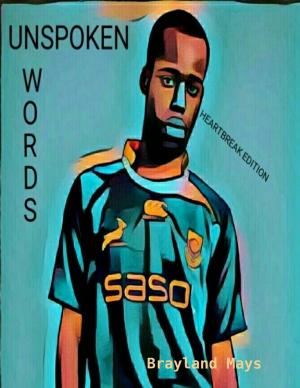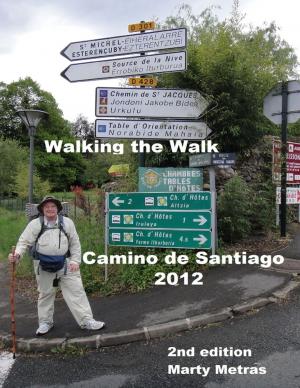| Author: | Mike Hockney | ISBN: | 9781326521295 |
| Publisher: | Lulu.com | Publication: | January 1, 2016 |
| Imprint: | Lulu.com | Language: | English |
| Author: | Mike Hockney |
| ISBN: | 9781326521295 |
| Publisher: | Lulu.com |
| Publication: | January 1, 2016 |
| Imprint: | Lulu.com |
| Language: | English |
Perhaps nothing has been more misinterpreted than Gödel’s incompleteness theorems. Stephen Hawking, adopting the popular misconception, said, “Thus mathematics is either inconsistent, or incomplete. The smart money is on incomplete.” If mathematics is tautology, as Wittgenstein said, mathematics cannot be inconsistent and/or incomplete, and so Gödel’s work cannot be about mathematics. If mathematics is not tautological, mathematics is mired in inconsistency and/or incompleteness, just as Stephen Hawking said, hence is unreliable. If mathematics is non-ontological, it cannot say anything about reality. If mathematics is ontological, it’s the only thing that can say anything true about reality. There can’t be a world where math is a bit true and a bit false. Either the world is wholly mathematical – in which case math and not science is how we must study the world – or the world isn’t mathematical at all, in which case it’s absurd for science to use math.
Perhaps nothing has been more misinterpreted than Gödel’s incompleteness theorems. Stephen Hawking, adopting the popular misconception, said, “Thus mathematics is either inconsistent, or incomplete. The smart money is on incomplete.” If mathematics is tautology, as Wittgenstein said, mathematics cannot be inconsistent and/or incomplete, and so Gödel’s work cannot be about mathematics. If mathematics is not tautological, mathematics is mired in inconsistency and/or incompleteness, just as Stephen Hawking said, hence is unreliable. If mathematics is non-ontological, it cannot say anything about reality. If mathematics is ontological, it’s the only thing that can say anything true about reality. There can’t be a world where math is a bit true and a bit false. Either the world is wholly mathematical – in which case math and not science is how we must study the world – or the world isn’t mathematical at all, in which case it’s absurd for science to use math.
